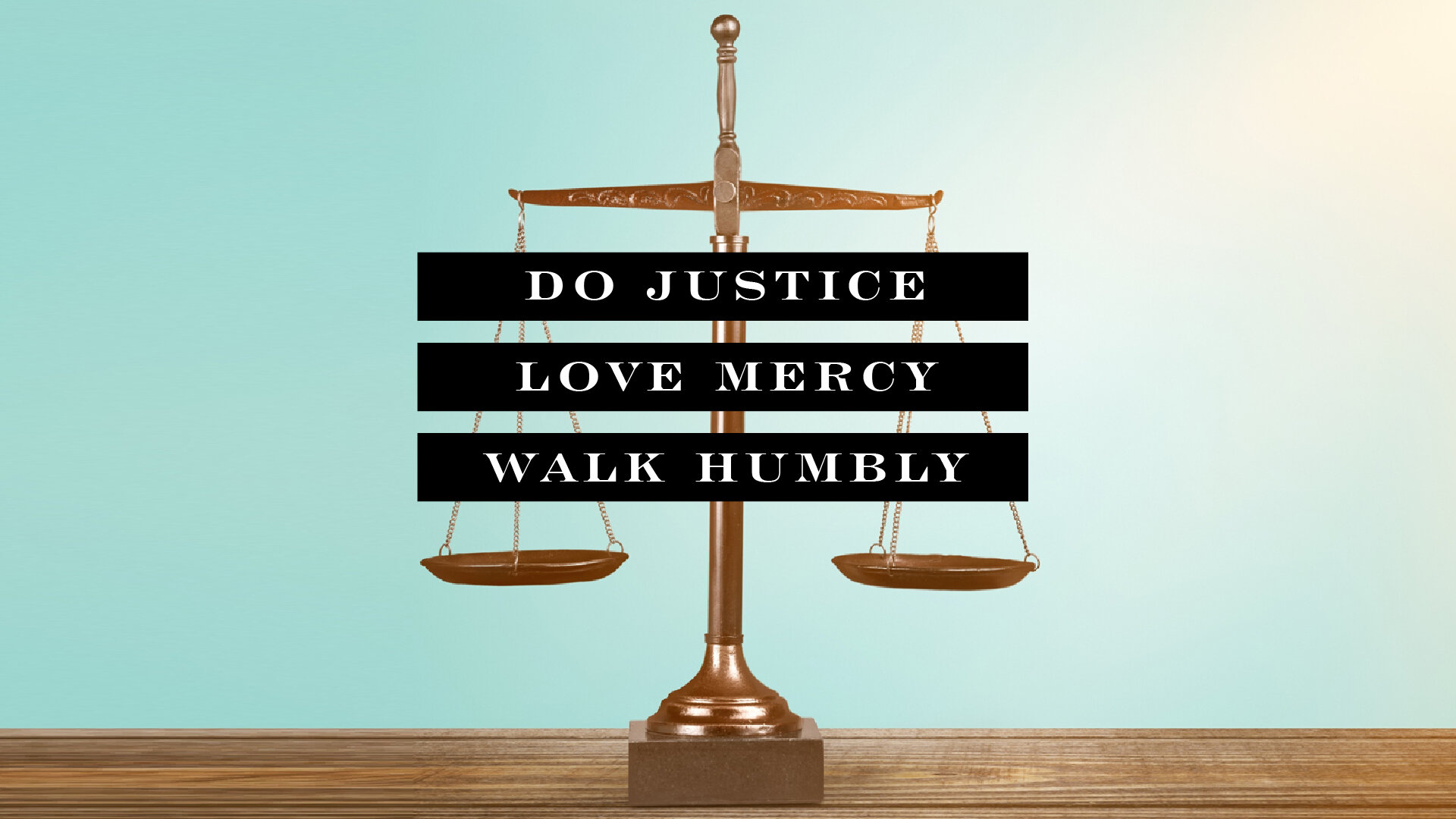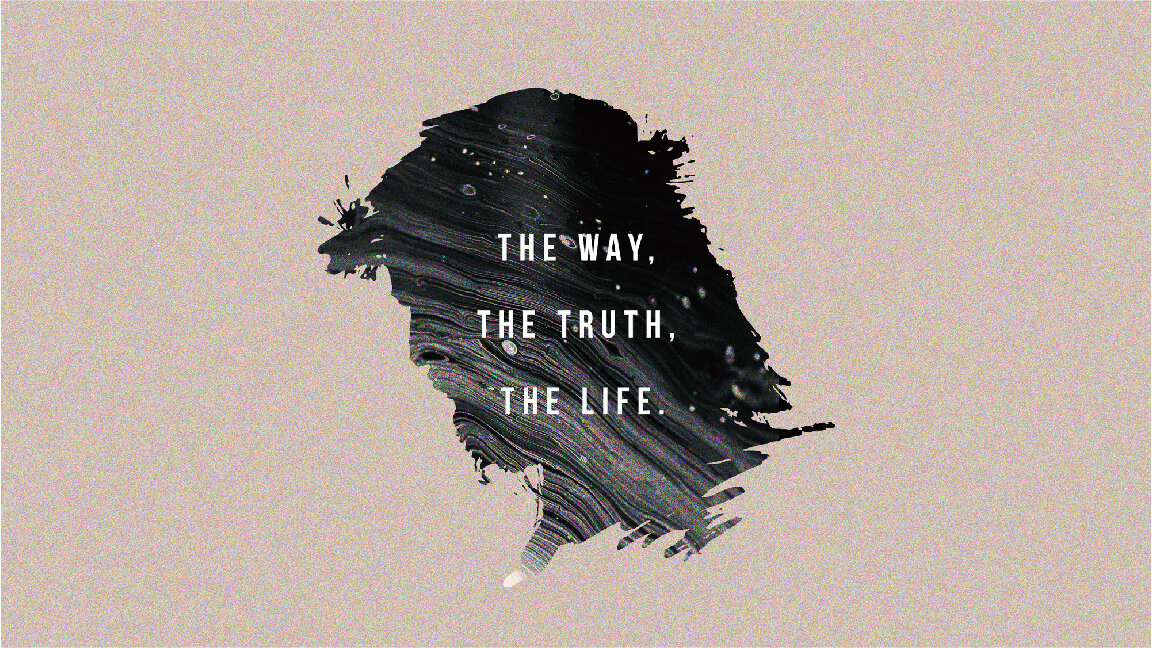Jesus Does Not Fit in a Box…
I first remember meeting Jesus in preschool Sunday School, where my Aunt Faye showed us a picture of a kind man with beautiful hair and brown eyes. She told us the most amazing stories: how he walked on water, healed a blind man, and rose from the dead. Aunt Faye made sure we knew that Jesus loved us. This was the Jesus I gave my heart to when I was eight years old.
When I was in Middle School, I met Jesus again. One of the periodic “He’s coming soon” panics was sweeping our corner of the world. I was told Jesus would come like a thief in the night. This was hard to integrate; thieves, in my world, were not nice people. But I remember what Aunt Faye said: “Jesus loves you, Clay.” I was not sure how to wrap all this into one picture. Was Jesus the kind man who loved me, or the coming King who would judge the world and wipe out the wicked? I began to be afraid of Jesus. Just to be on the safe side, every night I would ask Jesus to save me, just in case I was not saved and just in case he came back during the night, broke in like a thief, took my Momma, and left me (I was pretty sure my brother Steve would be left with me).
In college, I was introduced to Jesus, the radical. Someone put a copy of the Cotton Patch Gospel in my hand, and for the first time, I realized Jesus cared about things like racial division and injustice. This was new to me. I grew up in the South with a mild strain of prejudice but thought I was okay because, after all, Jesus was white. At least he was in the picture in Aunt Faye’s classroom. Somehow, my brain made the connection that Jesus was a Jew, probably with olive skin, and often mistreated because of his racial background. I never knew that. I discovered Jesus really did want me to love my neighbor, regardless of his or her skin color.
In seminary, I was exposed to all kinds of thinking about Jesus. Some scholars said he was not really God’s son, just a really good teacher. Other scholars said we could not know much about Jesus because he lived so long ago. There were other voices, each with an opinion about Jesus. The scholarly debates felt odd; they were like talking about a person who was standing right beside you, instead of talking to the person. The greatest temptation I faced in seminary was to talk about Jesus instead of talk to Jesus.
It was about this time, in a counselor’s office, that I was introduced to the deep grace of Jesus. While I was surrounded by theories about Jesus, I began to experience at a soul level the grace of Jesus, pouring over the wounds of my soul, healing the cuts, and transforming the pain of my own mistakes and sins. It was coming full circle; I was back to Jesus as I first knew Him. But He was beyond Aunt Faye’s simple picture. He was the gracious, living Savior who knew me by name and the King with the power to restore what was broken.
I had begun to serve Jesus as a pastor and a teacher by this time. People would come to me, telling me what Jesus would do, or telling me what Jesus would say, or remonstrating me because Jesus would make a different choice that would not make anyone mad. By this time, I knew Jesus well enough to know Jesus could not be fit into a box. Whenever we try to bend Jesus to be who we want Him to be, we end up with a picture that tells only part of the story.
In the years I have served and followed Jesus, what I have come to know is this: Jesus is a real person. You cannot caricature Him with a sentence or a few paragraphs. He is more than can be captured by words. He is even more than that picture Aunt Faye showed me when I was three. You only really get to know Jesus when you do life with Him, when you follow Him.
Make sure the Jesus you know is not just a picture; make sure He is the one you are following. If your Jesus can fit in a box, you are not following the real Jesus.








